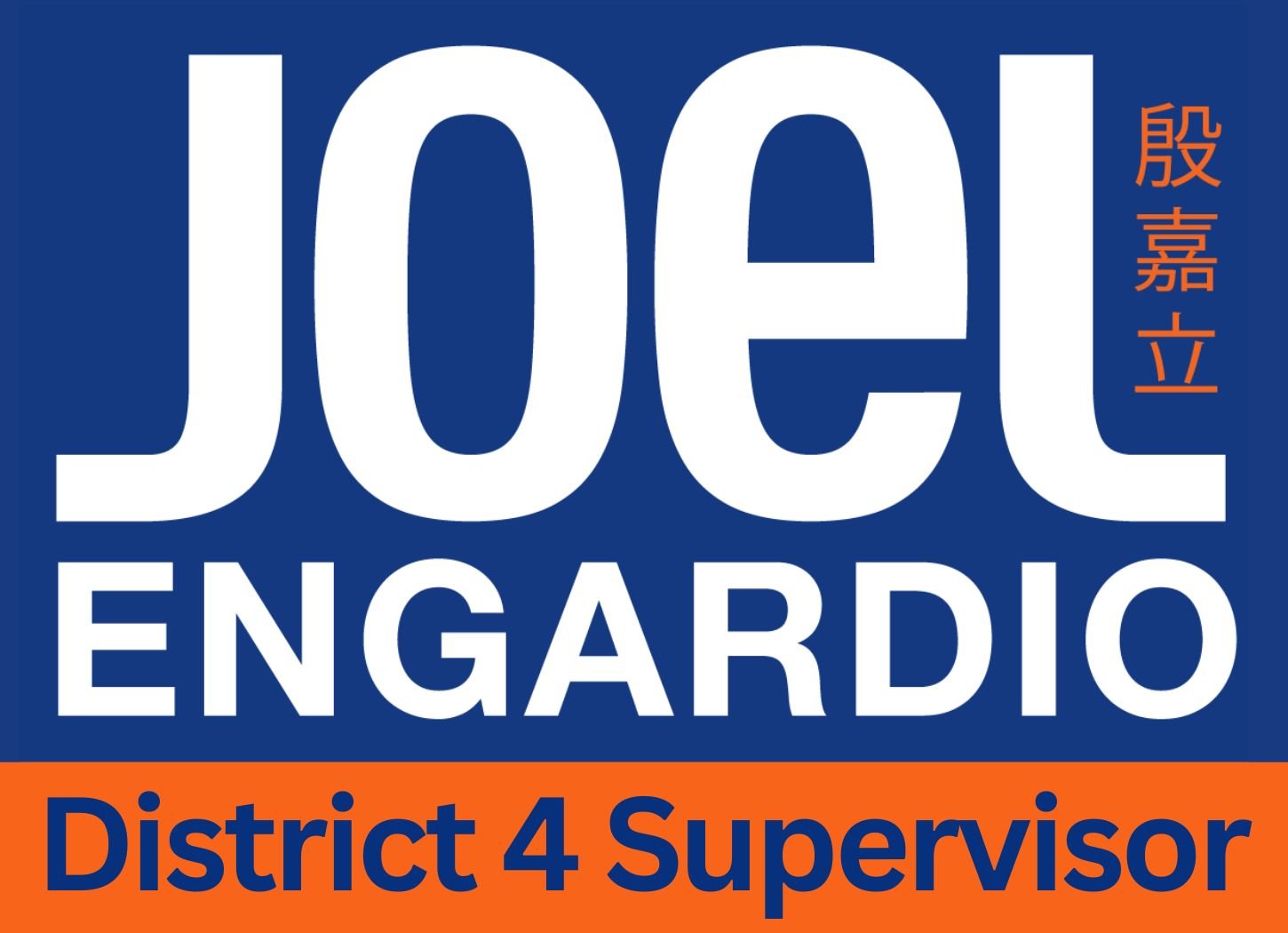We Must Do Better
Protesters in downtown Oakland. Photo credit: Scott Strazzant/San Francisco Chronicle
By Joel P. Engardio
On May 27, my group Stop Crime SF issued a statement condemning the killing of George Floyd by police in Minneapolis and calling for the prosecution of the officers involved. Since we published that statement, major protests have launched in cities across the country. In light of that, more needs to be said.
The events of the last few days are the latest manifestation of the frustration and distrust with law enforcement that has been sown over the past century.
Police departments, in some ways, are doing better: many are the most diverse they’ve ever been, recruiting police officers from the communities they patrol.
But so much more still needs to be done when a police officer will kneel on a man’s neck for nearly nine minutes as three of his coworkers watch, an EMT can be killed in her own home as police conduct a raid on the wrong apartment building, and local news reporters get shot with pepper balls as they stand behind police lines.
Seeing the protests in cities across the country result in violence and destruction was hard to watch. I can’t condone it, but I recognize the anger.
I’m privileged enough to have never worried about experiencing police violence in my lifetime. But as a gay man it helps me to better understand the anger of today’s protesters when I think about the White Night riots of 1979. Former San Francisco police officer turned supervisor Dan White was convicted only of voluntary manslaughter after murdering gay Supervisor Harvey Milk and Mayor George Moscone.
Gay San Franciscans took to the streets and marched to City Hall, where they began smashing windows and torching police cruisers. They’d been driven to a breaking point — decades of abuse at the hands of homophobic officers culminated in an elected official sneaking into City Hall with a gun to kill one of the Castro’s own, reportedly supported by some of his former coworkers in the police department, and ending up nearly exonerated by a jury of his peers.
The gay community had been forced to police their own neighborhoods, carrying whistles in case they got beaten up by violent homophobes coming from elsewhere. Destroying City Hall with pieces of its own doors, protesters that night were defacing a system that had failed, wounded, and killed them.
We should be careful not to entirely conflate the White Night riots with what’s happening today. Both of them were driven by very meaningful anger. But protesters today aren’t just taking out their anger on City Hall — a fringe resorted to looting that seriously hurt family-owned businesses, some of them owned by people of color. We should be considerate of the livelihoods of people who have worked for decades to build a small business. Many family-owned businesses won't be able to recover from broken windows and lost merchandise.
We shouldn't allow the destructive activities of rogue individuals to diminish the overall message of the demonstrations.
Four decades after the White Night riots, the San Francisco Police Officers Association, led by a gay man, published a statement condemning the conduct of the Minneapolis officers. San Francisco’s strict police conduct policies contributed to a 47 percent decline in use of force since 2016.
There is still more work to be done to build trust between law enforcement and communities of color in our city, especially as San Franciscans watch the reactions of police to protests in other cities. San Francisco has implemented some critical reforms, but needs to do better on following through with the SFPD changes recommended by the Obama Administration’s Department of Justice.
This isn’t an abstract policy issue — our city’s decisions, and any failure to make the right ones, have direct, physical impacts on the lives and bodies of people of color.
We ought to continue building a police department that we can count on to protect everyone who lives and works here. We need to be able to trust that officers are being held to the highest standards any public servant can be. Bad actors in police departments strain the trust that residents need to feel comfortable calling 911 — that makes all of us less safe.

